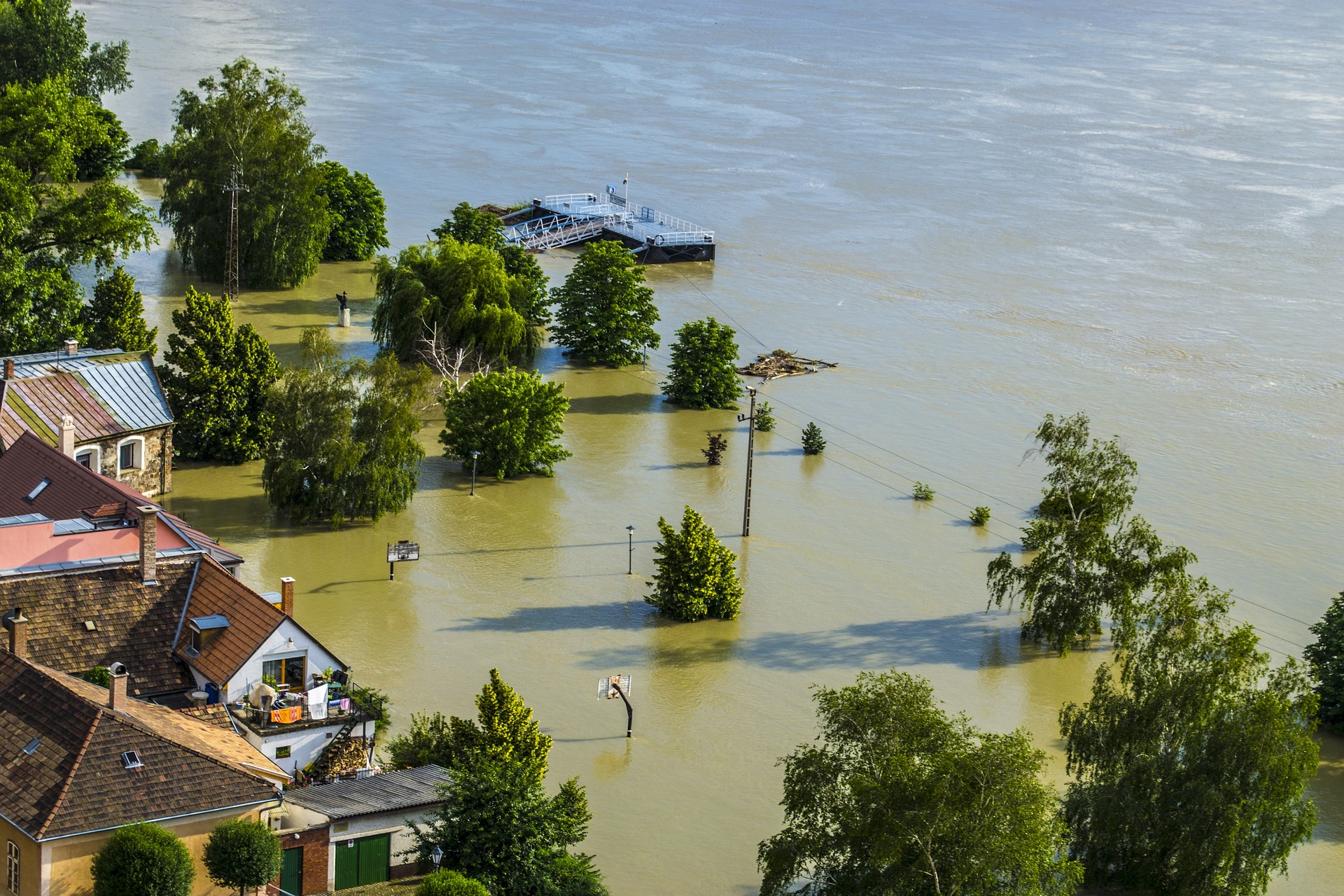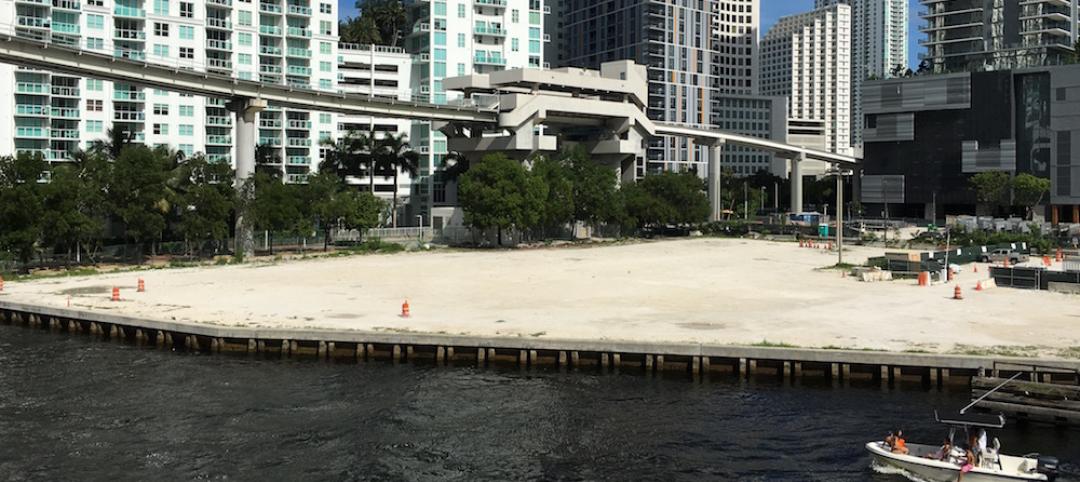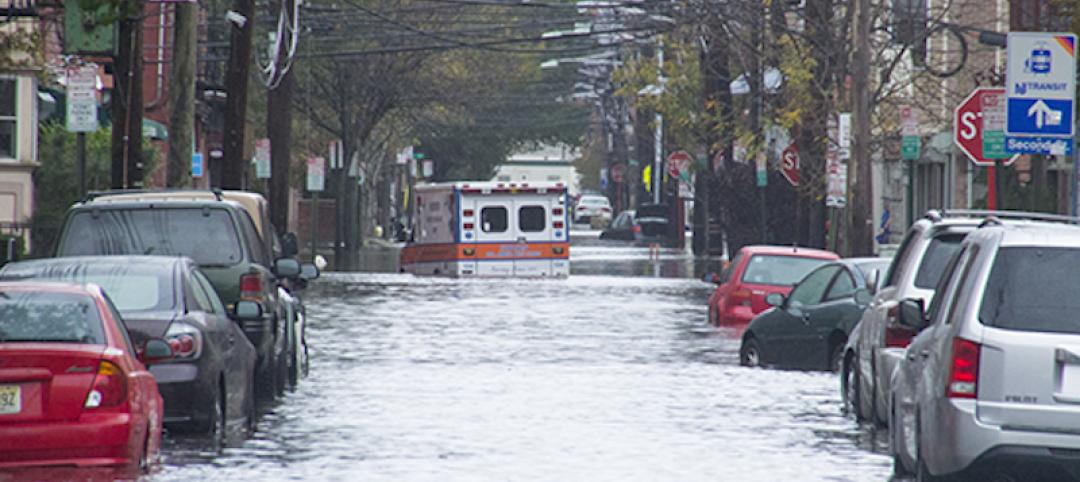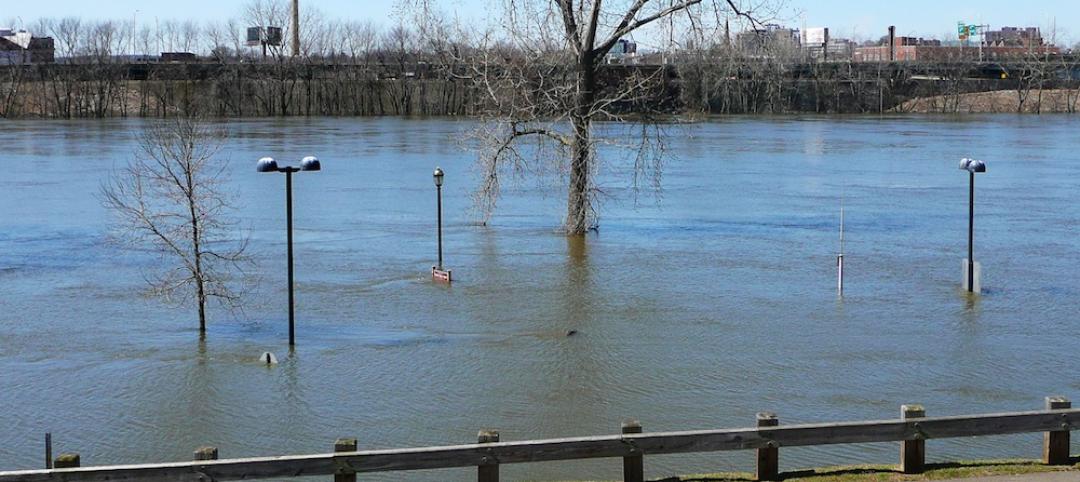Americans are abandoning areas of high flood risk in significant numbers, according to research by the First Street Foundation.
Climate Abandonment Areas account for more than 818,000 Census Blocks and lost a total of 3.2 million-plus residents due to flooding from 2000 to 2020, the study found. Analysts combined historic population change trends with flood risk data, identifying climate migration patterns in areas with high flood risk across the U.S.
In the next 30 years, current Climate Abandonment Areas are projected to lose 2.5 million more residents due to flood risk. Emerging Climate Abandonment Areas are expected to soon reach a tipping point and are projected to lose five million residents, 24% of their population, by 2053.
Those left behind in abandonment areas will likely be people of modest means who cannot afford to leave.
Related Stories
Resiliency | Jul 27, 2016
New York’s resilience plans not taking long-term view, critics charge
Continued waterfront development may be regretted later this century.
Resiliency | Jul 18, 2016
Impact fees on development proposed to fund Miami’s rising sea level resiliency plans
$400 million flood plan includes new valves, pumps, and raised roadways.
Resiliency | Jun 1, 2016
Federal agencies boost standards for more resilient construction
HUD, FEMA, GSA, Army Corps of Engineers make policy changes.
Green | May 31, 2016
Miami Beach requires developers to meet green standards or pay a fee
Applies to structures larger than 7,000 sf.
Resiliency | May 12, 2016
Resilience Building Coalition releases progress report
The coalition released a set of guiding principles to help the building industry adopt resilient design and policies. Since the initial signing, the coalition has added 19 new signatories.
Architects | May 11, 2016
AIA to create a resilience curriculum for architects
The program will teach resilient design and decision-making on hazard mitigation, climate adaptation and community resilience.
Legislation | May 11, 2016
Two bills seek to expand flood insurance policy writing to private carriers
Thanks to new floodplain maps, this market, previously the sole province of a federal program, looks more profitable.
Resiliency | May 2, 2016
Connecticut to develop new code standards for resiliency
Expected more frequent severe weather events due to climate change prompts review.
Resiliency | Apr 6, 2016
Houston at high risk for major damage from hurricanes
After a decade of study, little has been done to improve resiliency.
Resiliency | Mar 24, 2016
HGA and Perkins+Will join National Resilience Initiative Network
The Minneapolis offices of the two firms will partner with the University of Minnesota College of Design in the Upper Midwest hub of the NRI network.

















